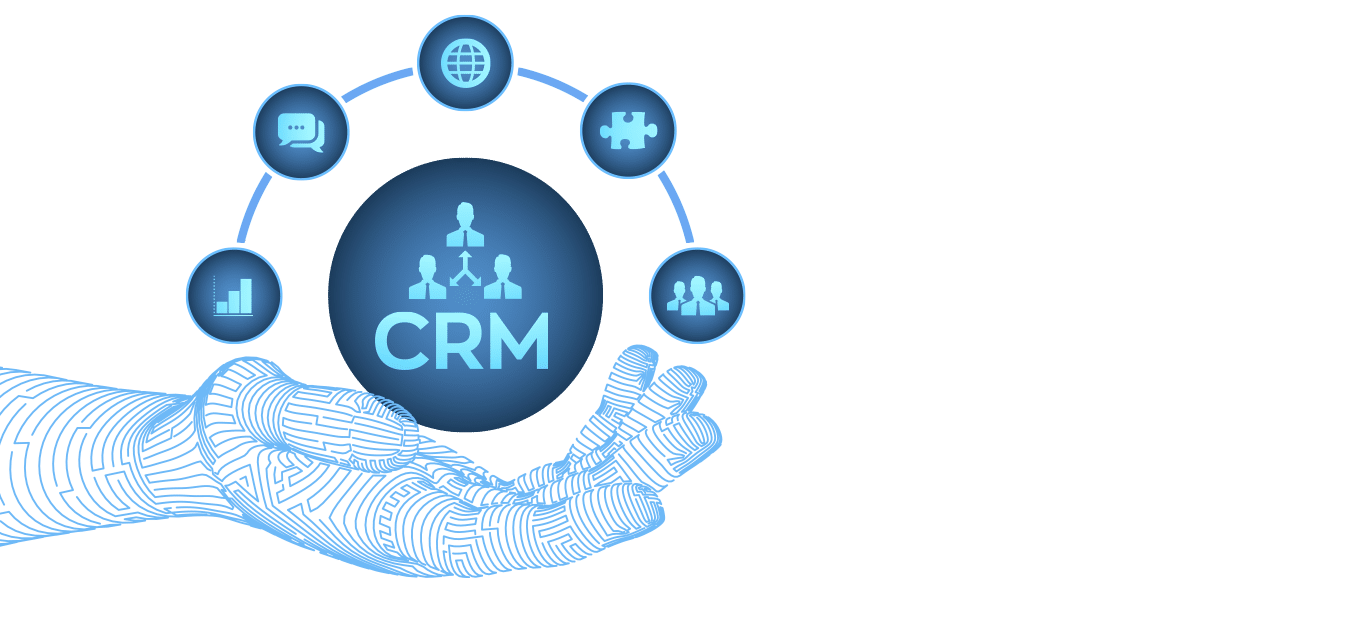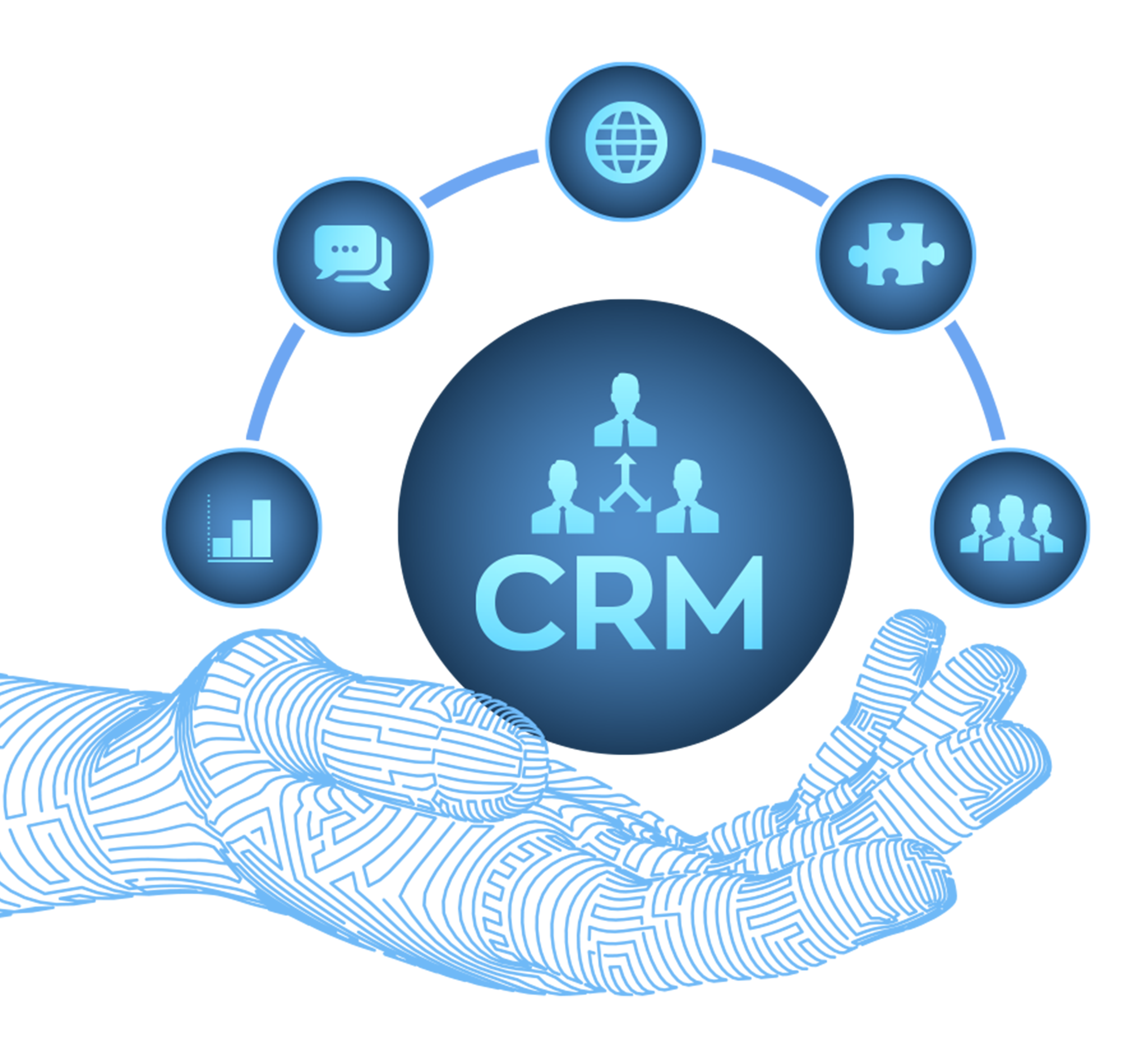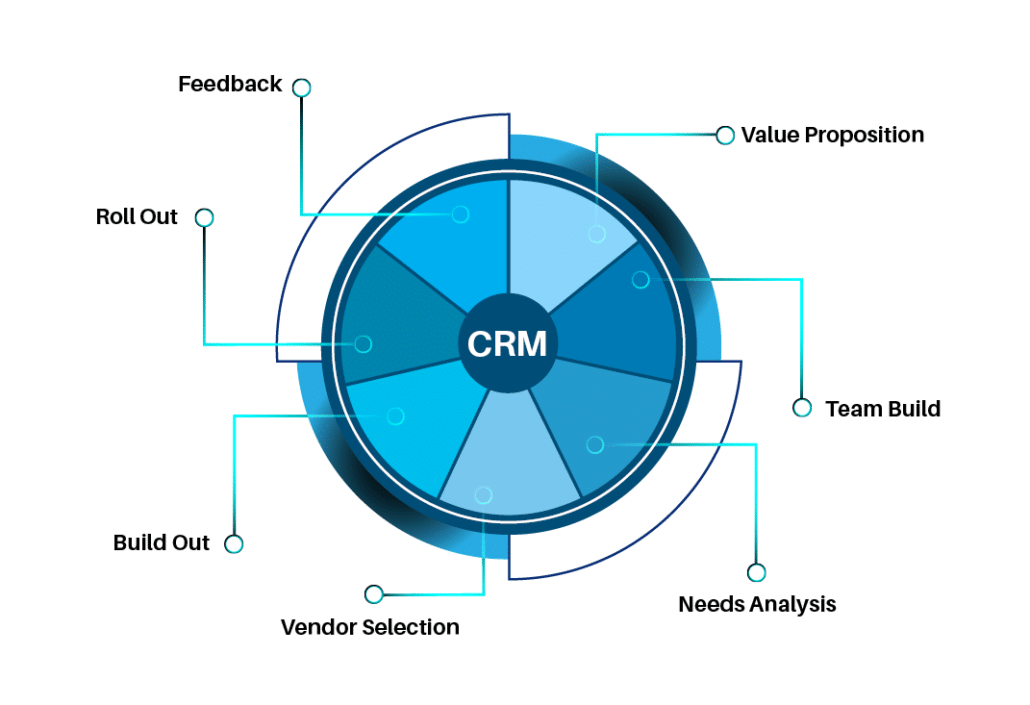CRM systems are designed to help law firms manage interactions with their clients, increase customer satisfaction, and drive revenue growth. The first step is to determine whether a CRM could potentially increase revenues. Most commonly the managing partner or other senior member of the management team concludes that the firm could increase revenues by improving coordination among its current and aspiring rainmakers. CRMs can also be used to provide decision makers with real time data about billable hours, utilization, and other key metrics.
That is where we come in. Regardless of which specific CRM you are considering or have tried to use, the basic challenges and obstacles are the same. Thus, whether you are beginning to consider the benefits of buying and implementing a CRM, seek to get value on your investment and avoid pitfalls that have tripped up your competitors, or whether you have already stepped in it, and want to chuck the whole thing, we can help you get the most from your CRM or turnaround a tough situation.
To successfully introduce a CRM system, you must focus on technology and people. The technology track being around 30% and the people track 70% of the project. Nearly 75% of all CRM projects fail to provide the return on investment that law firms are looking for and the reason is not the software, it is poor user planning and adoption.
In our experience, a successful CRM implementation includes seven elements:
At Rainmaking For Lawyers, we are well-equipped to guide you through the entire process of acquiring, setting up, and integrating a CRM system into your law firm’s operations. Our expertise covers all seven key elements involved in this endeavor, whether you’re venturing into it for the first time, seeking to replace an existing CRM, or looking to optimize a subpar one. To learn more about our comprehensive services, get in touch with Gideon Grunfeld at 310.734.6073 or via email at [email protected]. We look forward to helping you streamline your law firm’s CRM capabilities.




